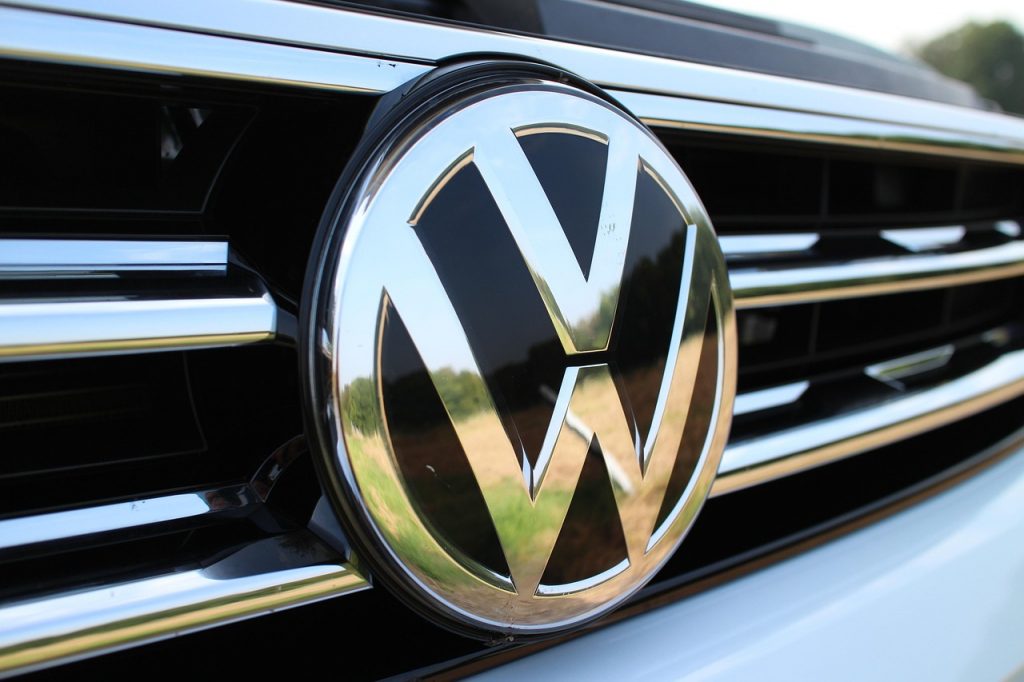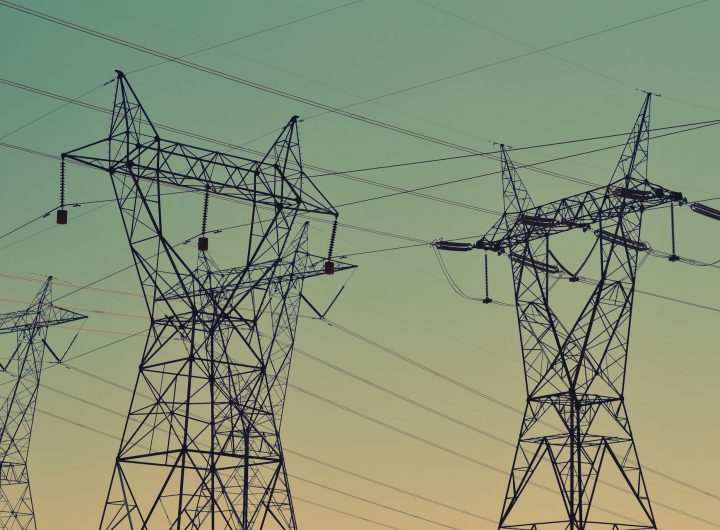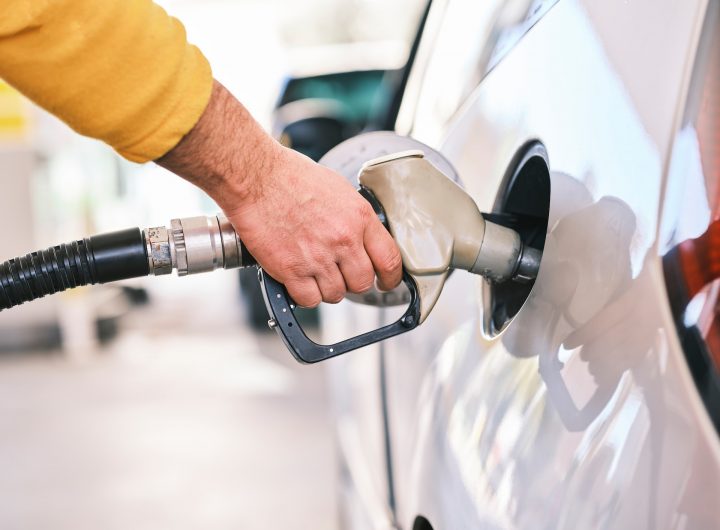
Volkswagen Group is taking significant steps to balance the energy consumption of its electric vehicles (EVs) that are still being charged using conventional electricity. The company is committing millions of euros to this initiative.
Despite recent challenges in the demand for EVs, Volkswagen continues to invest in wind and solar energy. “Alongside the ongoing sales of ID. models, we plan to expand our commitment to renewable energy every year,” said Andreas Walingen, Chief Strategist of Volkswagen’s core brand. However, Volkswagen has not disclosed specific details about new projects or expansion targets, noting that these depend on how the demand for EVs evolves.
In 2020, Europe’s largest car manufacturer announced plans to invest €40 million in new wind and solar farms across Europe by 2025. For implementation, Volkswagen collaborates with local energy providers. The first project, developed with RWE, became operational at the end of 2021. To date, 26 installations are active in nine European countries, including eight wind farms and 18 solar farms, Walingen confirmed.
Supplying Electricity for 300,000 Homes
Volkswagen’s strategy focuses on a large-scale expansion of wind and solar parks in Europe to enable the carbon-neutral operation of its electric vehicles, Walingen explained. By building new renewable energy projects, the company aims to offset the electricity consumption of its EVs that still rely on conventional energy sources.
Last year, these renewable energy facilities collectively supplied 1.1 terawatt-hours to the electricity grid. This output corresponds to the energy needs of approximately 300,000 households or the estimated electricity consumption of all Volkswagen ID. models currently on European roads, which are not yet powered by entirely green energy.
Challenges in the EV Market
Volkswagen is currently facing significant challenges, including a slowdown in its business in China and reduced demand for EVs. Sales in China, one of its largest markets, dropped by nearly 10%, while global deliveries of electric vehicles fell by 3.4%. In the United States, the decline was even sharper, with EV sales plummeting by 30%.
Despite these setbacks, Volkswagen delivered 745,000 electric vehicles across all its brands globally last year. However, only one in twelve new vehicles sold was a fully electric model.
By strengthening its investment in renewable energy, Volkswagen aims to not only support the transition to sustainable mobility but also to counteract the challenges currently faced by the EV market.
 Apple’s New iPhone SE: Leaked Images Reveal Upcoming Device
Apple’s New iPhone SE: Leaked Images Reveal Upcoming Device  Royal Mail and GLS: A Leading Postal and Delivery Services Company in the UK and Europe
Royal Mail and GLS: A Leading Postal and Delivery Services Company in the UK and Europe  Essential Industry Updates: Daily Manufacturing News Digest Keeps You Informed
Essential Industry Updates: Daily Manufacturing News Digest Keeps You Informed  Ofcom Indicates £650 Million Savings Possible for Royal Mail through Three-Day Service Transition
Ofcom Indicates £650 Million Savings Possible for Royal Mail through Three-Day Service Transition  Industry Feedback Flows in for Ofgem’s Electricity Connection Process Overhaul
Industry Feedback Flows in for Ofgem’s Electricity Connection Process Overhaul  Fuel Retailers Under Pressure to Swiftly Communicate Price Shifts in Pumpwatch Program
Fuel Retailers Under Pressure to Swiftly Communicate Price Shifts in Pumpwatch Program  UnitedHealth Shares Plunge Nearly 20%, Dragging Dow Jones Down by 700 Points
UnitedHealth Shares Plunge Nearly 20%, Dragging Dow Jones Down by 700 Points  Instagram ‘Challenge Required’ Error – What It Means and How to Fix It
Instagram ‘Challenge Required’ Error – What It Means and How to Fix It  Sony Increases PlayStation 5 Prices in Europe, Australia and New Zealand Amid Economic Turmoil
Sony Increases PlayStation 5 Prices in Europe, Australia and New Zealand Amid Economic Turmoil  Major Berlin Real Estate Firm Ziegert Files for Insolvency After Four Decades
Major Berlin Real Estate Firm Ziegert Files for Insolvency After Four Decades